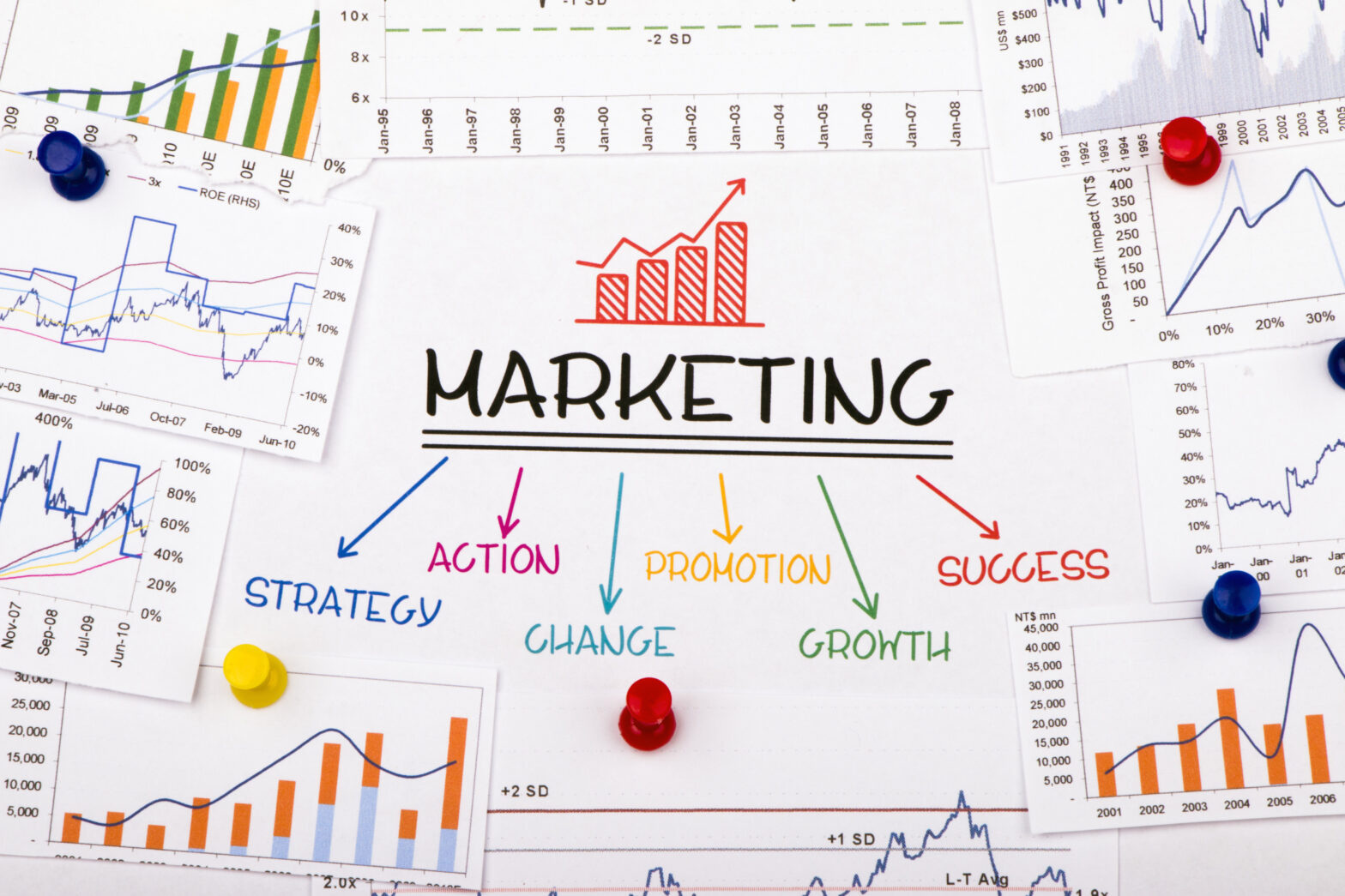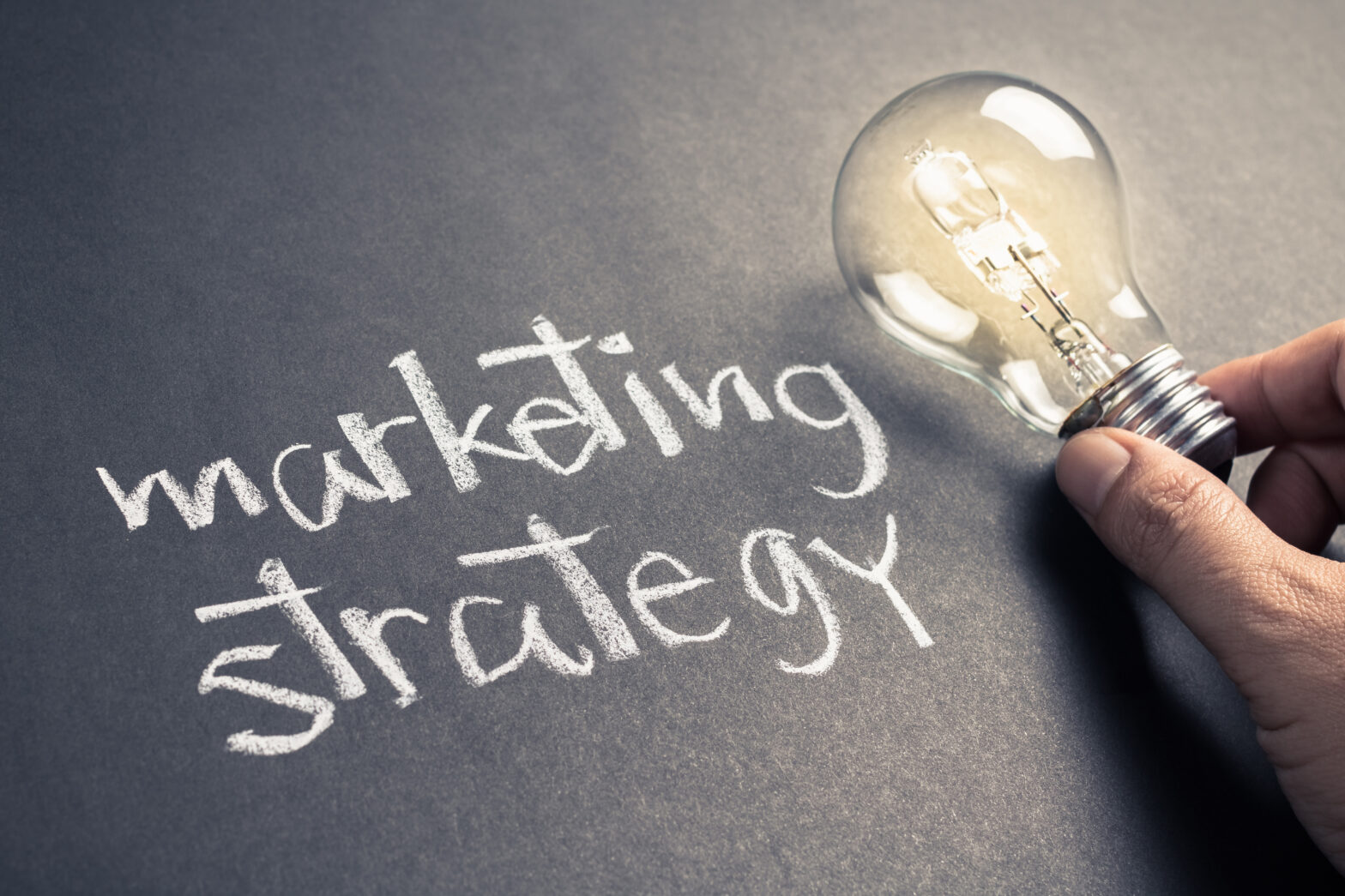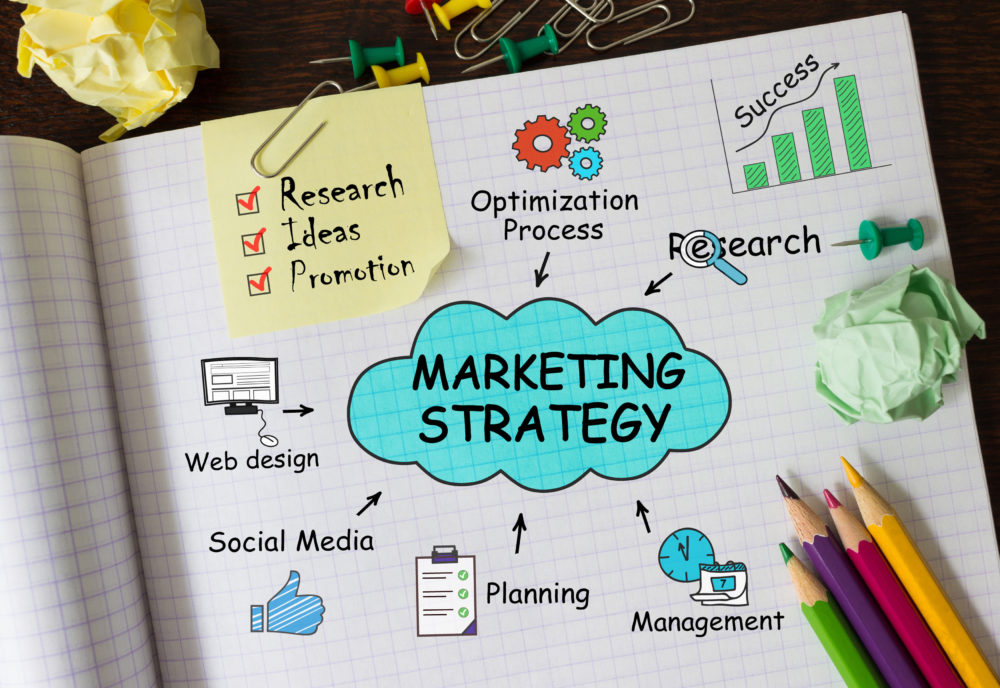In 2016 UK SMEs currently account for a combined annual turnover of £1.8 trillion, making up 47 per cent of all private sector turnover in the UK[1]. However, fewer than 1 per cent of British businesses registered since 2012 have managed to scale up. At MC&C we sought to look at this through the lens of how a smart marketing strategy can help UK businesses overcome this hurdle. We know that marketing is essential for companies to find new audiences and grow their reach, but while enterprise level companies have huge teams devoted to marketing and media buying, SMEs cannot afford this luxury.
The good news is there’s no lack of confidence in the power of marketing and a marketing strategy to drive business within the UK SME sector. Our exclusive post-Brexit poll of 250 SMEs with an e-commerce focus shows that more than two thirds of respondents plan to increase their marketing budget in 2017.
But the fact that nearly 60 per cent of the polled decisionmakers make all the media buying calls themselves means wastage is common and media strategies can become clouded and unclear – especially since a marketer’s job has never been more complex.
Marketers are now offered an ever-growing amount of choice as to where to allocate their ad spend. And while on the one hand marketers have never had more opportunities or touchpoints at their disposal to reach consumers, the fact that consumers face more ‘ad clutter’ than ever means businesses need a strong media plan to cut through the noise.
To combat this we at MC&C have developed five truths that we know to sit behind an effective marketing strategy, enabling SMEs to better combat the challenges facing them in the UK today.
Start-ups benefit from a lean digital footprint
The majority of businesses selling products or services will drive their initial traffic and sales through digital-only channels which are both affordable and cost efficient. Solus digital marketing also means a company can test its website, traffic flow and optimisation in a live environment without having to worry about developing complex attribution models. This way the business can establish a base level of traffic, a conversion percentage and the parameters of its digital footprint by using tools such as tagging and site analytics.
Brand marketing is key to feeding the business funnel
Search will deliver your first wave of customers, but digital spend eventually becomes subject to the law of diminishing returns and growth becomes much harder. Using generic search terms like ‘car insurance’ for ads may attract clicks from window-shoppers but conversions won’t necessarily follow. In order to get your company front of mind when consumers are considering a purchase, you need to get serious about brand building and generating awareness.
The rise of the online aggregator across all sectors from leisure to travel to local builders, has made the need for a recognised brand vital as consumers will automatically go for recognisable brands when faced with a variety of choices.
There are many options when it comes to brand building. Consumer Association Which? realised that it needed to bolster brand awareness to help drive consumer engagement with its online content, tools and services. They took the decision to lean away from direct marketing towards brand building activity with an interim step of sponsorship of programming on Channel 4, ITV and UKTV channels.
The case for offline advertising
A broad media mix is essential to the overall efficiency of a media plan, but first an SME must create a brand. This will mean investing in traditional, offline media – including television. This may sound daunting, expensive, or even wasteful. In fact, just over a third (37 per cent) of SMEs we surveyed ranking TV as the least important traditional advertising channel to their business.
As a company grows, however, it will need to broaden its communications mix beyond digital. TV is still the best way to build a brand at speed and scale, which is becoming increasingly important in a market full of copycat business fighting for share.
Online estate agent Tepilo advertised on television early in its existence as it was not only building a brand, but establishing a whole new sector in online home selling. And while TV is still a dominant part of its media mix, it has now recalibrated to include print and outdoor.
Knowing your audience is the best way to sweat your budget
A key metric for a marketer is to set the optimum number of ad exposures per person – with the recommendation being 3-5 exposures per month in order to keep a brand front of mind.
What smaller businesses really need, however, is maximum reach among the right audience. Identifying exactly what media this audience consumes is crucial to maximising the returns on TV spend in particular. For example, if a brand wants to reach women aged 16-24 years, then the most efficient use of budget would be to buy ads in ITV’s The Only Way Is Essex and Channel 4’s Made In Chelsea.
More channels means a higher cost per acquisition (CPA)
CPA will rise as a company seeks growth via a more expansive marketing strategy, due to the costs associated with widening the number of channels used to reach new customers. Invariably, a broader advertising campaign will attract the attention of people who have not signalled a propensity to buy, and therefore may visit a website but not convert. This is why an efficient media mix model needs to be developed to ensure a brand benefits from efficiencies, and CPA is kept from spiralling out of control.
The big challenge for SMEs is the need to scale up and grab market share at speed before they are overtaken by a competitor. In order to do this they need a media mix model that gives the appropriate weight to both brand building and sales, utilising the effectiveness of both offline and online activity. The right media partner will be able to demonstrate that the impact of a ‘branded response’ strategy will a positive effect on sales across the short, medium and longer term – and will give the best advice on developing an appropriate streamlined media model that delivers against this.
Mark Jackson is managing director at MC&C.





